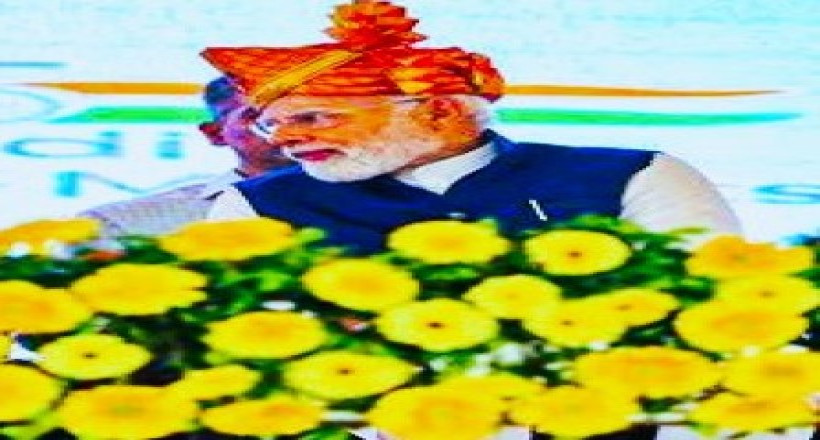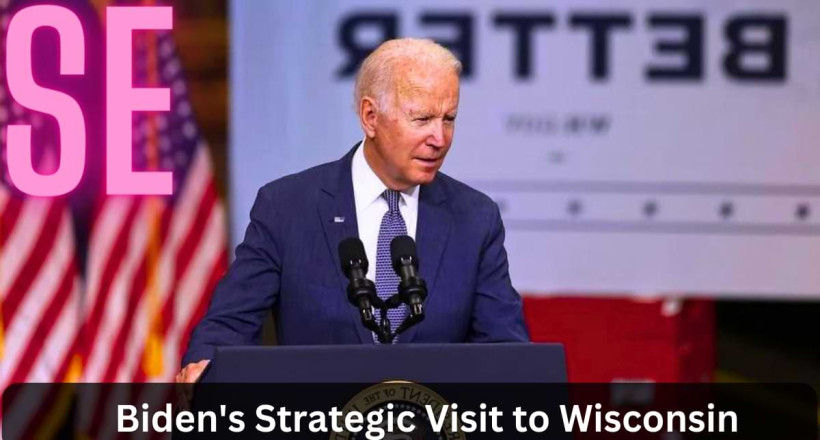Lok Sabha Elections 2024: The Role and Importance of Exit Polls

Elections 2024 - As the nation prepares for the 2024 Lok Sabha Elections, it is essential to understand the role and significance of Exit Polls in shaping the political landscape. The elections, which commenced on April 19, are being conducted in seven phases across the country, with the vote counting scheduled for June 4.
In the first phase, 102 constituencies in 21 states/Union Territories went to the polls. The subsequent phases are as follows:
- Phase 2 (April 26): 89 constituencies in 13 states/UTs, including all 20 seats in Kerala
- Phase 3 (May 7): 94 constituencies in 12 states/UTs, with all 26 seats in Gujarat
- Phase 4 (May 13): 96 constituencies in 10 states/UTs, including all 25 seats in Andhra Pradesh and 17 in Telangana
- Phase 5 (May 20): 49 constituencies in 8 states/UTs, including the lone seat in Ladakh
- Phase 6 (May 25): 57 constituencies in 7 states/UTs, with all 7 seats in Delhi and 10 in Haryana
- Phase 7 (June 1):
57 constituencies in 8 states/UTs, with all seats in Punjab and Himachal Pradesh
Exit Polls: An Overview and Methodology
Amidst the excitement and anticipation of the electoral process, Exit Polls have emerged as a vital tool for gauging the mood of the electorate and predicting the potential outcomes of the elections. Exit Polls are essentially quick surveys that are conducted immediately after voters cast their ballots. In contrast to traditional opinion polls, which ask people about their voting intentions, Exit Polls seek to determine who the voters actually voted for, thereby lending them a higher degree of accuracy and reliability.
The process of conducting Exit Polls involves the following steps:
1. Sampling: Researchers select a representative sample of polling stations across various regions to ensure a diverse mix of voters.
2. Interviewing: Trained pollsters approach voters as they exit the polling stations and ask them a series of questions about their voting preferences and the issues that matter to them.
3. Questionnaire Design: The questions are
“ Stay ahead of the news with The Speed Express. We delivers the latest, most accurate and relevant information on politics, business, sports, entertainment and more. Get informed, always. ”
carefully crafted to elicit meaningful responses while maintaining the anonymity of the voters.
4. Data Compilation: The responses are collated and analyzed to make early predictions about the possible winners in the elections.
Exit Polls: Significance and Caveats
Exit Polls serve multiple purposes in the context of the Lok Sabha Elections. They offer a glimpse into the election results before the official count is completed, generating considerable public interest and speculation. Moreover, they can influence the stock markets, political discourse, and even the voting behavior in regions where the polling is still underway.
Political parties and candidates, too, closely monitor the Exit Polls. A favorable Exit Poll can create a momentum in their favor and boost their morale, while an unfavorable one can prompt introspection and a re-evaluation of their campaign strategies.
However, it is crucial to interpret the Exit Polls with caution, as they are not infallible. Sampling errors, biases, and the complexities of the Indian electorate can sometimes lead to inaccurate predictions. Therefore,
it is essential to view Exit Polls as a valuable tool for understanding the political dynamics, rather than as a definitive predictor of the election results.
Exit Polls in India: A Historical Perspective
In India, the concept of Exit Polls was pioneered by the Delhi-based Centre for the Study of Developing Societies (CSDS) in the 1960s. The first major media surveys were conducted in the 1980s by Prannoy Roy, a renowned expert in election studies, in collaboration with David Butler. They later published a seminal book, "The Compendium of Indian Elections," along with Ashok Lahiri. The popularity of Exit Polls surged in 1996 when Doordarshan, the state-owned broadcaster, commissioned CSDS to conduct nationwide Exit Polls.
As the 2024 Lok Sabha Elections unfold, the significance of Exit Polls in shaping the political narrative and providing insights into the voter sentiment cannot be ignored. While they are not a substitute for the actual results, they offer a valuable perspective on the dynamics of the Indian democracy.








